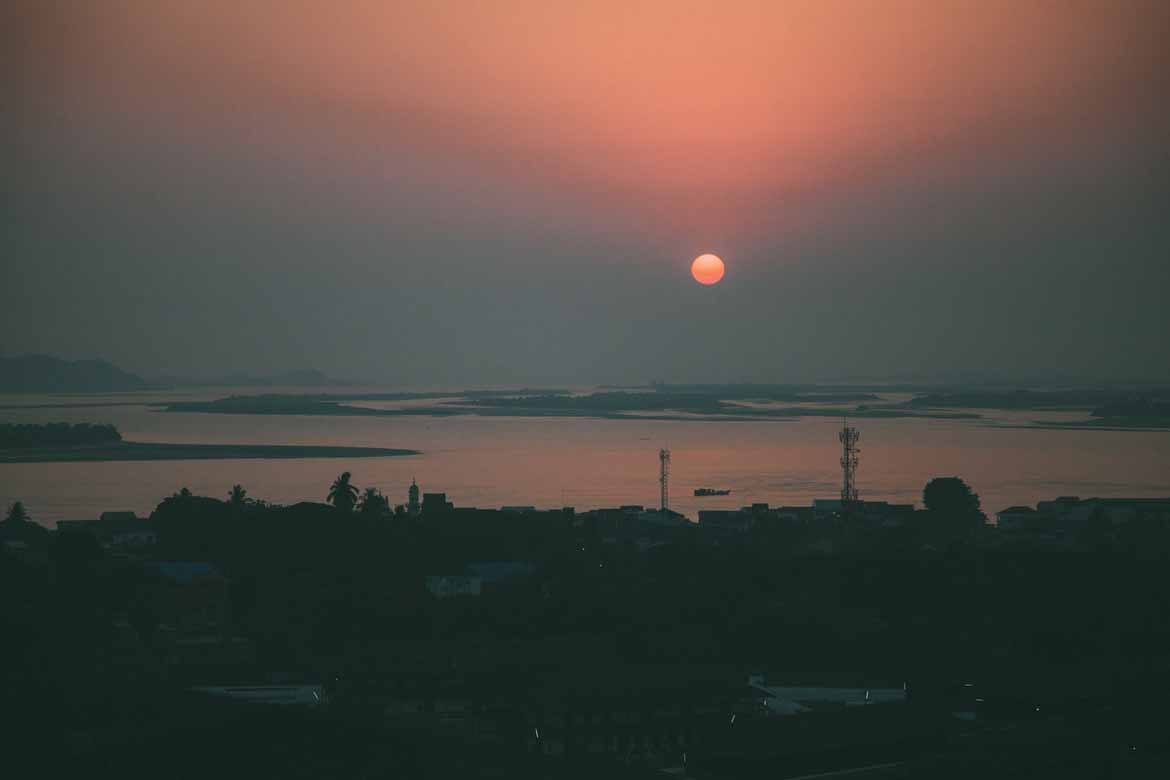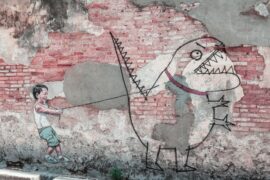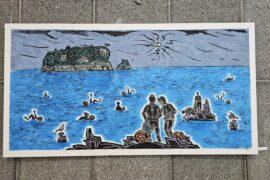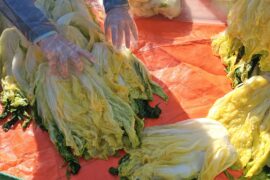Think of Burma and you’ll probably think of Rudyard Kipling – whose association with the country has become almost legendary. It often comes as a surprise, therefore, to learn that Kipling only spent three days in the country, as we’ve discussed on this blog before. George Orwell – or Eric Arthur Blair, as he was actually called – has a much longer and deeper connection with Burma, where he lived for five years.
Orwell was born in Motihari, British India, in 1903, but grew up in Henley-on-Thames in Oxfordshire. His father worked in the Opium Department of the Indian Civil Service, and his ancestors belonged to the English nobility – though by Orwell’s time the family were no longer rich. After attending Eton on a scholarship, Orwell’s family decided that, rather than go to university (his grades were poor, and he would have had to win a scholarship as they couldn’t afford the fees), he would join the Imperial Police and go to Asia.

At this time, Burma was officially part of British India, and after passing his police examinations Orwell applied for a posting in Burma, where his maternal grandmother still lived. In 1922, sailing by way of the Suez Canal and Ceylon, Orwell made his way to Rangoon (now Yangon) to begin life as a police officer in Burma.
Police training took place in Mandalay, after which Orwell was briefly posted to Maymyo (now Pyin Oo Lwin), before moving on to Myaungmya and Twante, on the Irrawaddy Delta. Later, in 1924, he was promoted to Assistant District Superintendent and posted to Syriam, near Rangoon, where the Burmah Oil Company had its refinery. Though he lamented the pollution the refinery poured out, killing vegetation and leaving the landscape a “barren waste”, Orwell took advantage of his proximity to Rangoon and visited the city as frequently as possible, “to browse in a bookshop; to eat well-cooked food; to get away from the boring routine of police life”.

While living in Burma, Orwell took a much closer interest in the local culture than most of his colleagues, and refused to adopt the aloof demeanour – known as “pukka” – habitually assumed by British colonialists toward the people they ruled. He learned to speak Burmese (his former colleague, Roger Beadon, reported that he spoke it fluently), visited the churches of ethnic minorities, and acquired a small, circular tattoo on each knuckle – a local superstition thought to provide protection from bullets and snake bites.
Orwell’s work as a police officer also caused him considerable concern, and he later wrote of his guilt at his part in the British Empire. Throughout his life, the themes of social injustice and poverty would form a major part of all his writings – not just about Burma but England and France, where he “went native”, took a false name and dressed like a tramp in order to find out how the poor lived. His experiences prompted many essays, and Orwell’s first book: Down and Out in Paris and London, which he published in 1933.
Burmese Days
Burmese Days, a novel based on Orwell’s experiences in Burma, appeared in 1934 and is fiercely critical of the British Raj. Many of Orwell’s former colleagues were angered by the book, which focuses on the corruption and bigotry of the imperial system, and several publishers turned it down due to fears it would be considered libellous – but Orwell shrugged off their criticisms, explaining that he was “simply reporting what I have seen”. The book was published only after extensive cross-referencing of colonial lists to ensure that no real personages could be confused with its characters – but it’s clear that Flory, the novel’s protagonist, feels the same conflicts that Orwell felt in Burma, torn between his distaste for imperial rule and his role in sustaining it.
In addition to Burmese Days, Orwell wrote two essays on Burma: A Hanging (1931), which describes the execution of a condemned man, and Shooting an Elephant (1936), about a young police officer who is called on to shoot an aggressive elephant – against his own better judgement.

In 1925 Orwell moved to Insein, then the next year on to Moulmein (now Mawlamyine) – the home of his grandmother – and finally to Katha, in the foothills of northern Burma. It was here that Orwell contracted dengue fever in 1927, and returned to England to recover. While with his family in Cornwall, Orwell decided not to return to Burma following his illness, and to instead pursue his career as a writer. Though Orwell would never return to Burma, the values he developed there in his formative years shaped his interests and writing for the rest of his life.
Follow in Orwell’s footsteps on a bespoke trip that visits Yangon, Mawlamyine, Pyin Oo Lwin and Mandalay – just get in touch with one of our consultants to start planning your trip today.



